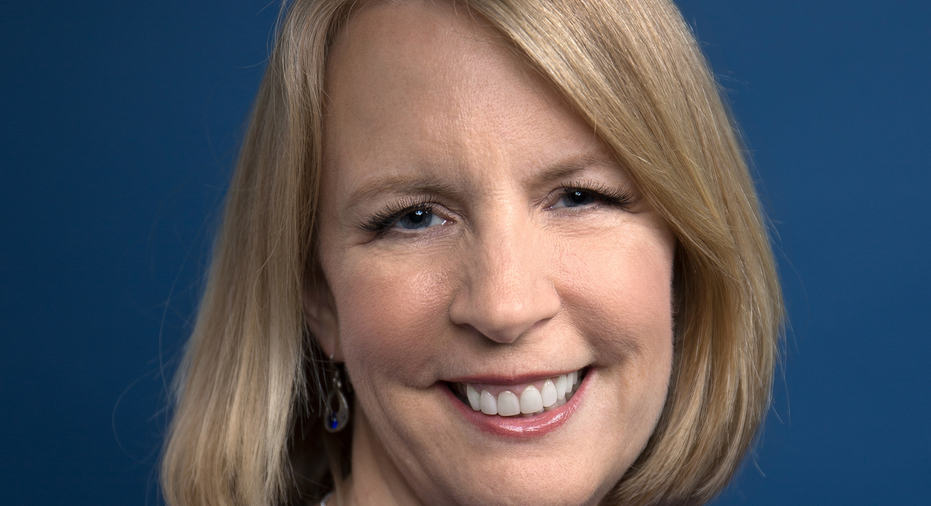Liz Weston: Would a bank payday loan be any safer?

A "safer" payday loan sounds like an oxymoron. Critics have branded these notoriously high-cost loans as debt traps that cause borrowers to go ever deeper in the hole.
Thanks to a recent regulatory change, it now may be possible for banks to offer small, short-term loans that could be a lot less dangerous for borrowers. Whether banks will actually do so remains to be seen.
The right moves could save low- and moderate-income Americans billions of dollars a year. The wrong moves could create yet another sinkhole for those who are already struggling.
HIGH RISK FOR BORROWERS — AND LENDERS
Payday loans are advertised as a way for people to meet a short-term cash crunch in a hurry. People borrow relatively small amounts, typically $300 to $400, and pay a fee of $45 to $60 for a loan that's supposed to last a few days until their next paycheck. Such loans have an effective annual interest rate north of 300 percent.
The problem is that despite the high cost to borrowers, lenders can't make much profit, if any, on small loans if they have to do expensive underwriting such as credit reviews and income verification. But loans made without regard to someone's ability to repay can be dangerous, since people wind up extending the loans and paying a fortune in fees. The average payday loan customer paid $520 in fees annually to repeatedly borrow $375, according to The Pew Charitable Trusts.
Nick Bourke , Pew's director of consumer finance, has studied the small-dollar loan market extensively and recommends two fixes that could make these loans profitable without being predatory:
—Allow borrowers to pay off their balances over several months as installment loans, rather than requiring the balance be repaid all at once, and
—Limit the monthly payment to 5 percent of the borrower's income.
Bourke estimates even a partial shift toward loans with these changes could save low- and moderate-income consumers $10 billion each year.
So far, though, nobody in Washington seems to be listening.
AN ANSWER, NOT A SOLUTION
On Oct. 5, the Consumer Financial Protection Bureau announced a rule that would require lenders to determine borrowers' ability to repay small-dollar loans — an underwriting requirement that could drive most payday lenders out of business.
On the same day the CFPB announced its rule, the regulator for the nation's biggest banks, the Office of Comptroller of the Currency, cleared the way for banks to once again offer a similar small-dollar loan product. Rather than give banks new rules that could make the loans safer, the OCC simply rescinded its previous guidance that made it hard for banks to offer them at all.
Banks experimented with short-term loans a few years ago, offering what they were careful to call "deposit advance products" to customers who needed fast cash. Despite the different name, deposit advances worked a lot like payday loans. People could borrow a few hundred dollars for a fee and repay the loan with their next paycheck.
The CFPB in 2013 warned that the very nature of payday loans and deposit advances often created debt traps. Borrowers often couldn't afford to repay the full balance and so borrowed again and again.
The CFPB study found nearly half of payday borrowers had more than 10 transactions each year, while deposit advance users typically had an outstanding balance for nine months out of the year.
"Once they get in, they can't get out," says Rebecca Borne, senior policy counsel for the Center for Responsible Lending, a consumer advocate.
Regulators started warning banks against deposit advances. The six major banks that offered them — Wells Fargo, U.S. Bank, Fifth Third Bank, Regions Financial, Bank of Oklahoma and Guaranty Bank — phased out the loans in 2014.
Even though banks can now resume small-dollar loans, it's not clear that they will. The CFPB rule is one potential barrier, although its future is unclear now that the agency's director has resigned.
Also, critics did such a good job of equating deposit advances with payday loans that banks are hesitant to get back into the market, says David Pommerehn, associate general counsel and vice president of the Consumer Bankers Association, which represents large banks.
"It's not worth the reputation risk to them," Pommerehn says.
Ideally, people would save money for emergencies , rather than turn to high-cost short-term loans. But since so many fall short — 44 percent of American adults say they can't raise $400 in a hurry — regulators and lawmakers should ensure they have a safe and affordable alternative.
_________________________________________________
This column was provided to The Associated Press by the personal finance website NerdWallet.
Liz Weston is a columnist at NerdWallet, a certified financial planner and author of "Your Credit Score." Email: lweston@nerdwallet.com. Twitter: @lizweston.
RELATED LINK:
NerdWallet: Emergency fund: what it is and where it should go
https://nerd.me/emergency-fund



















